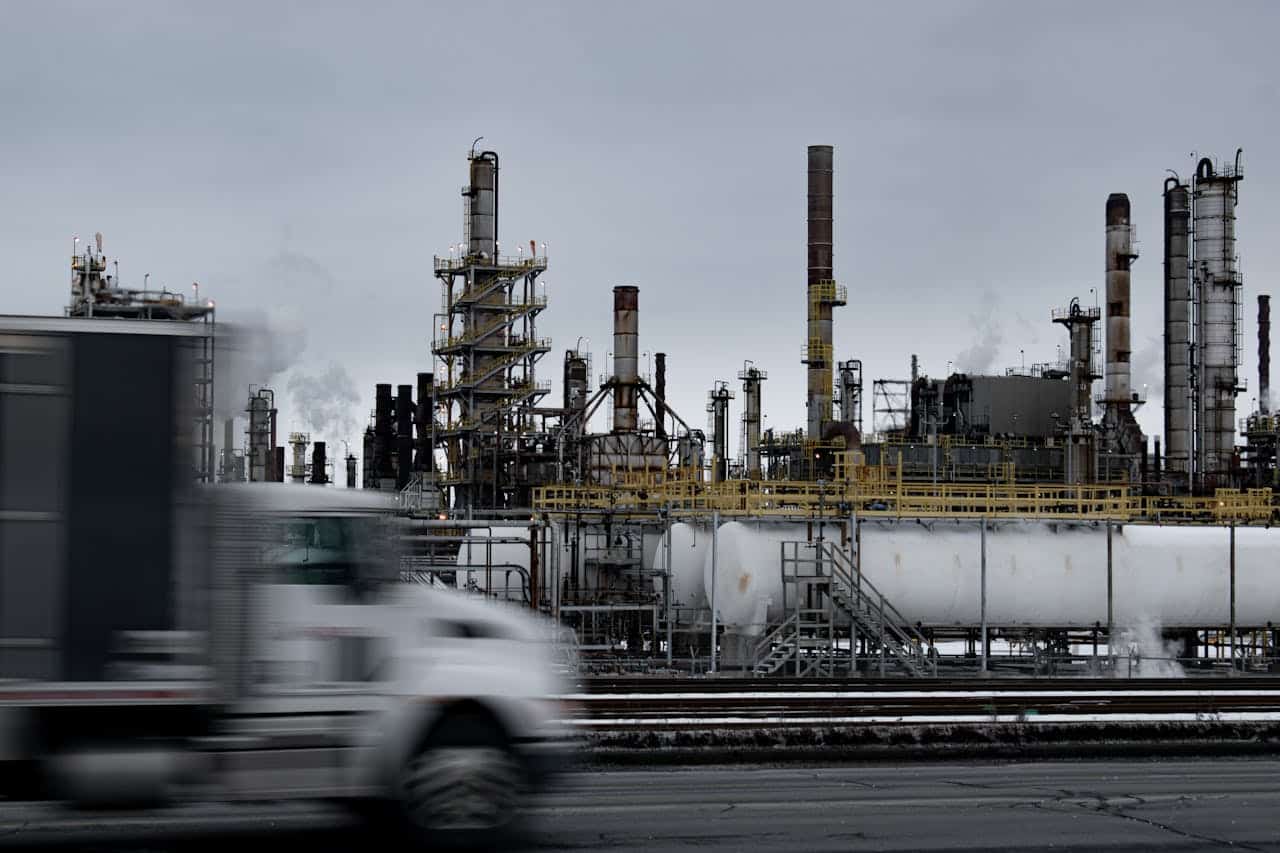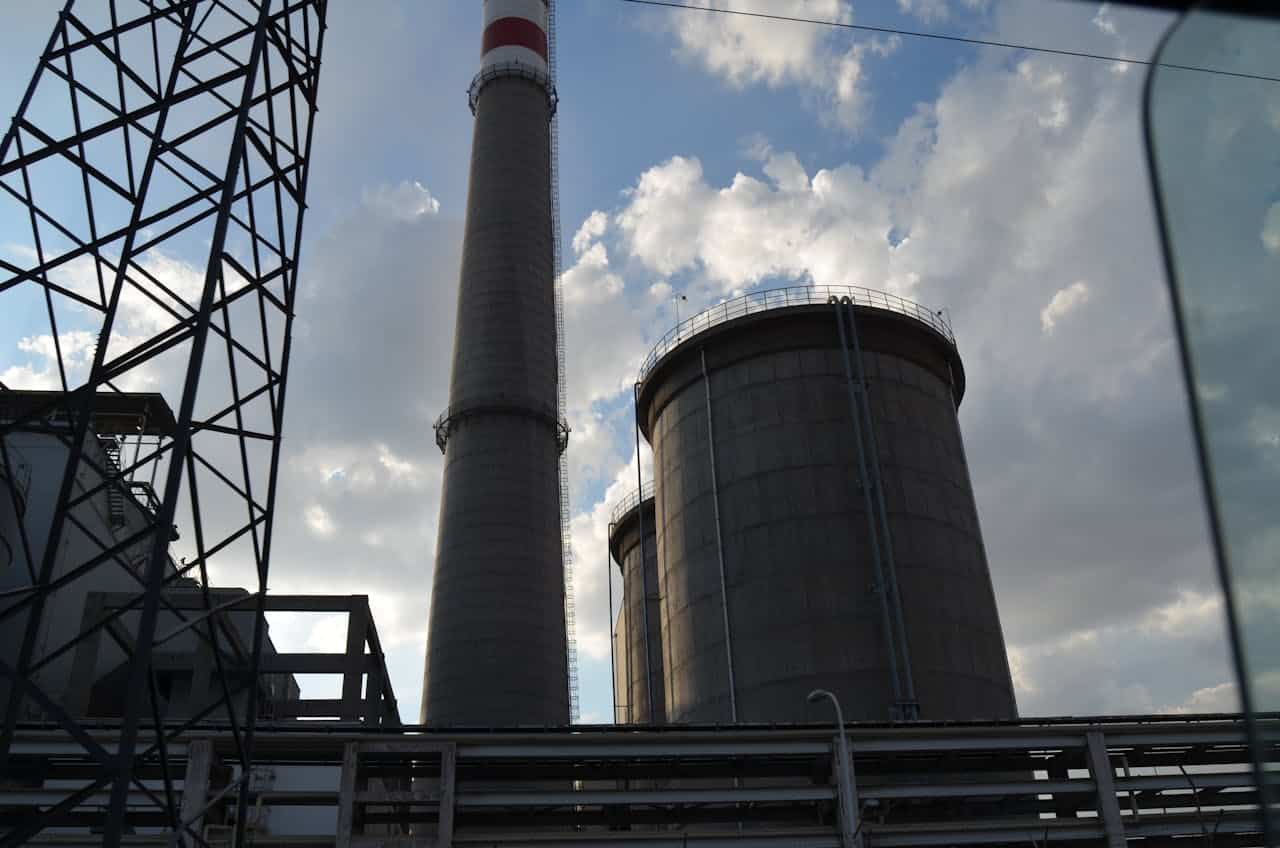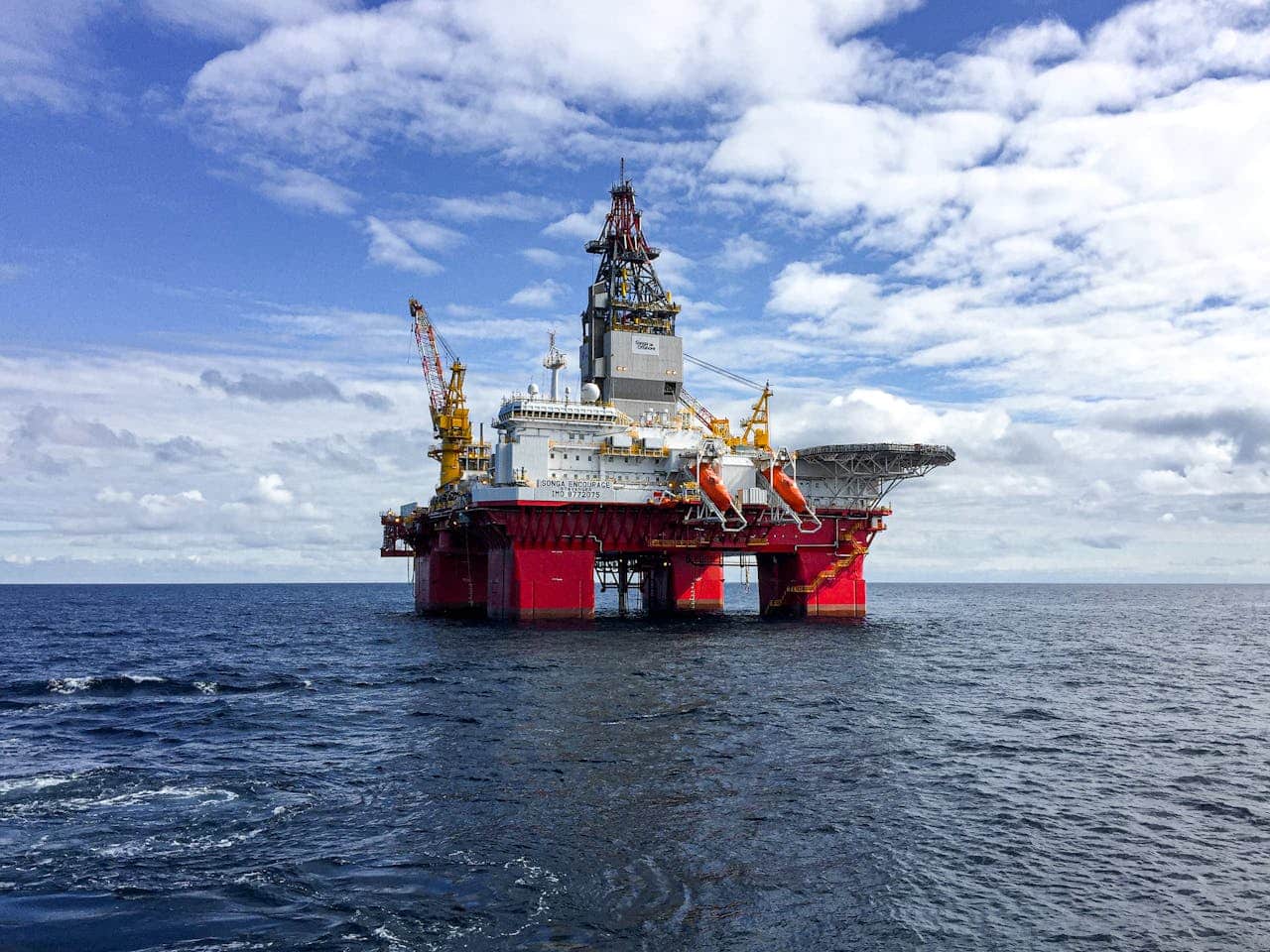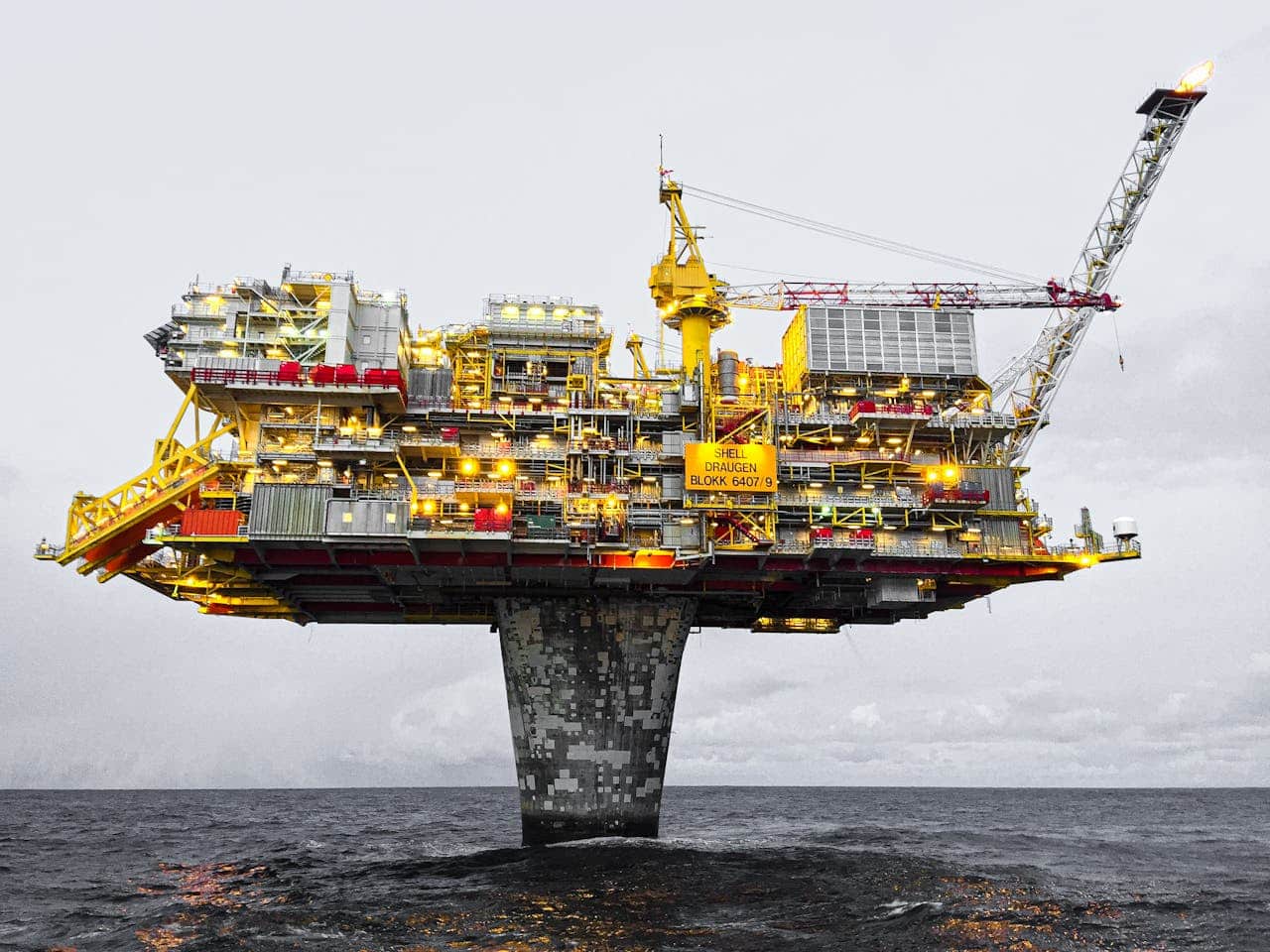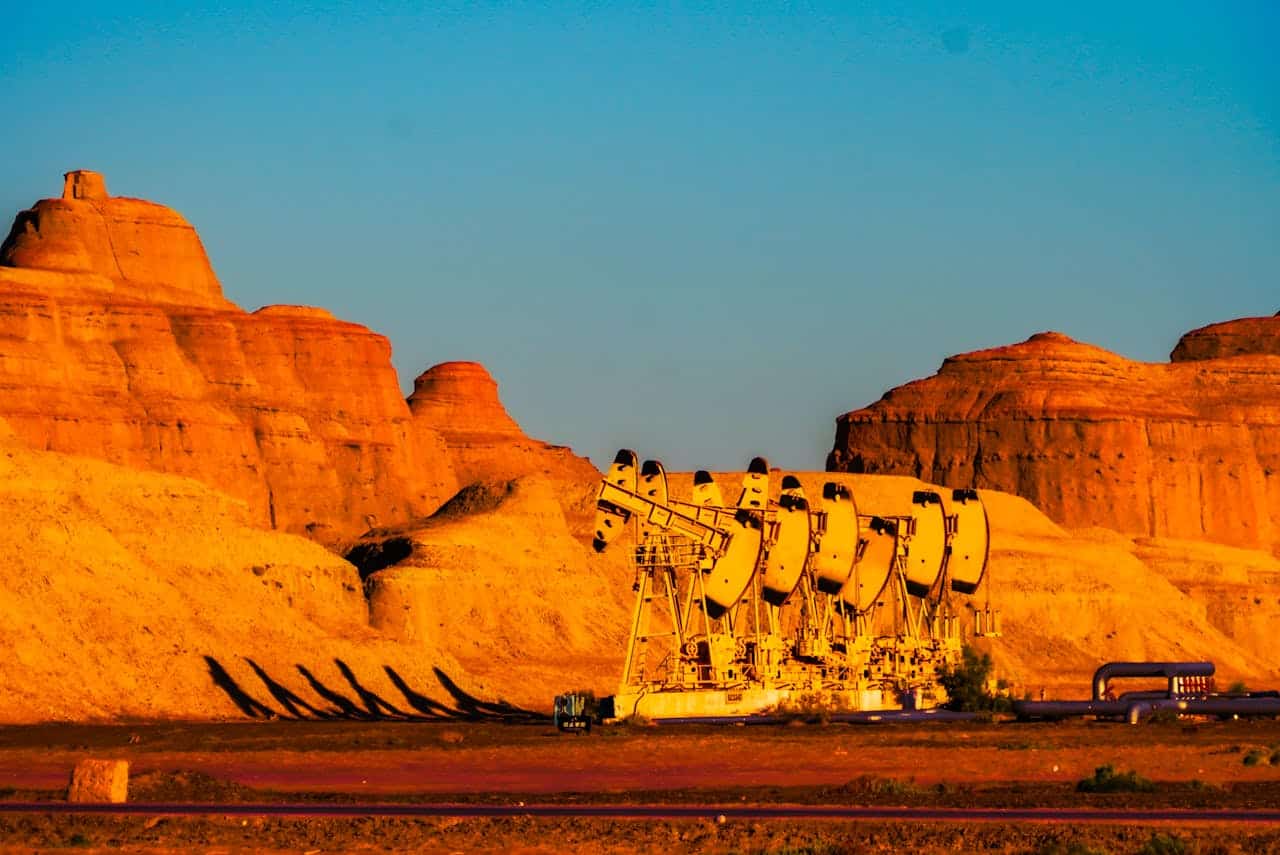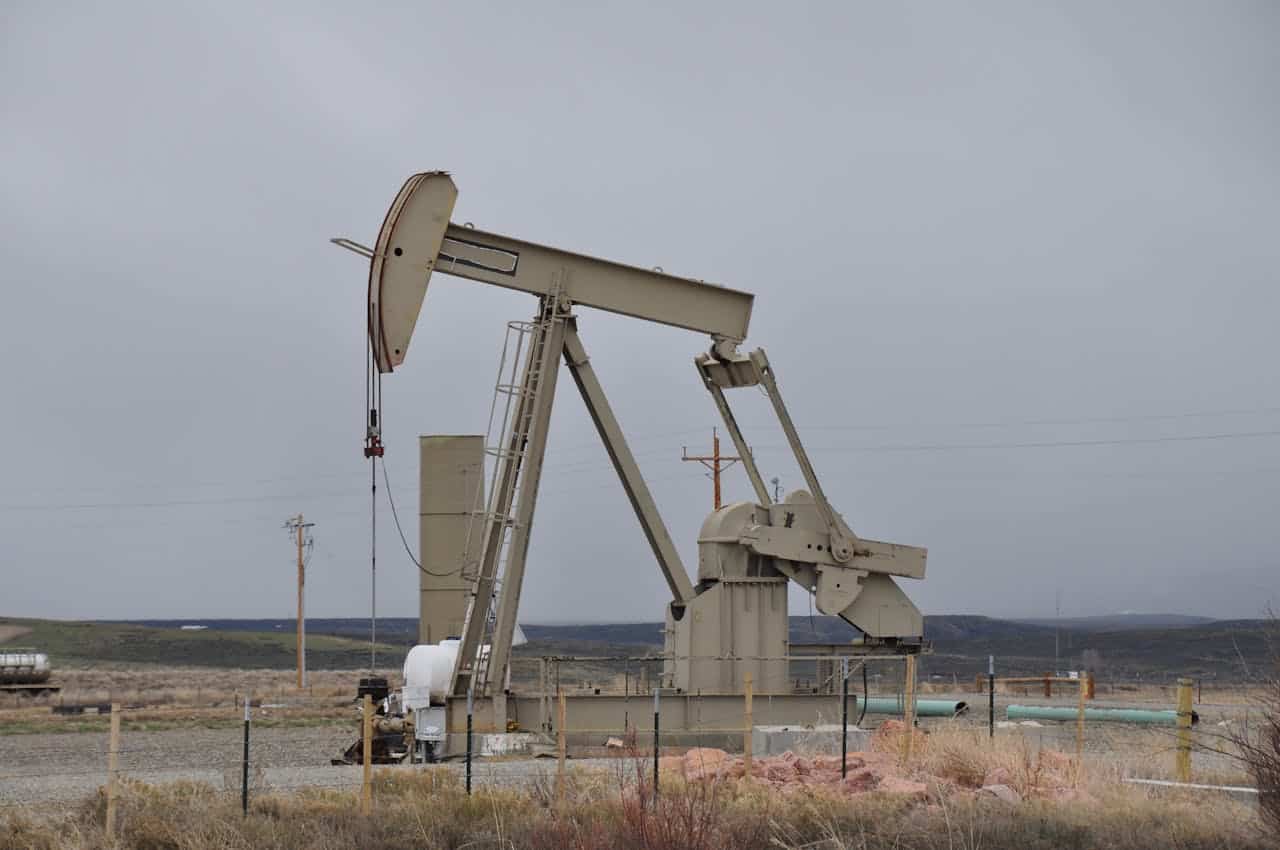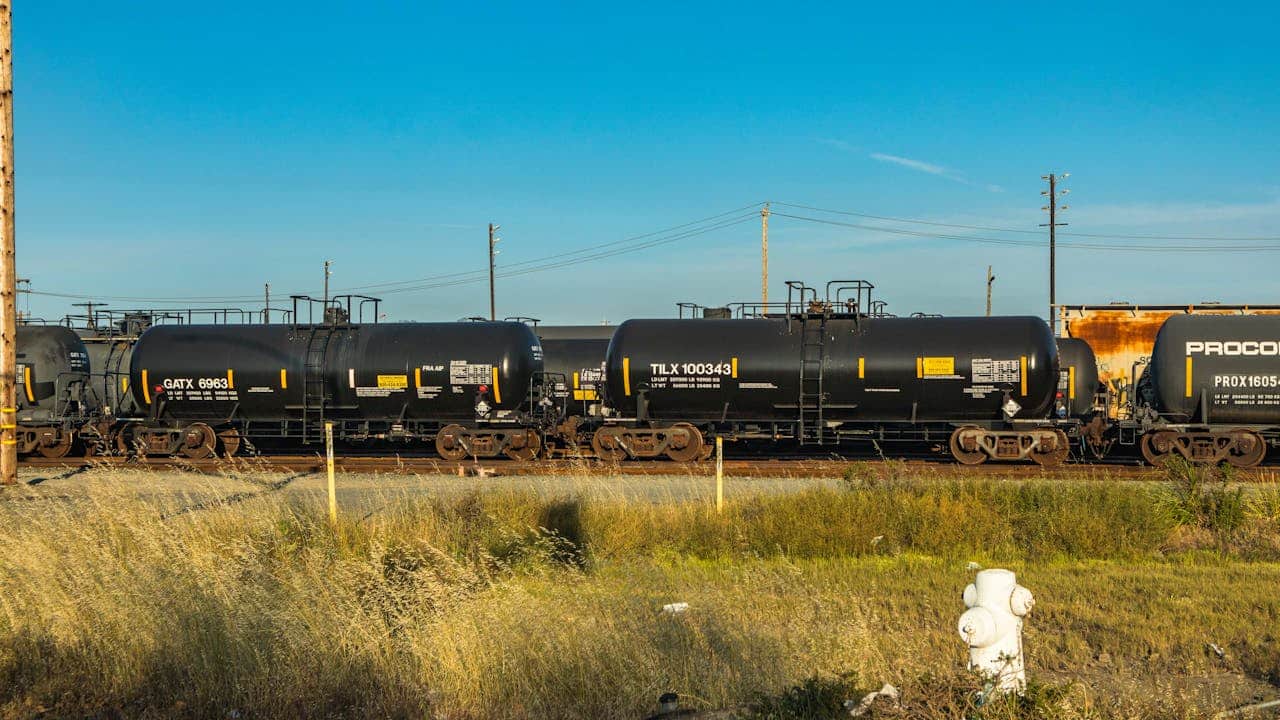Gas Conditioning and Processing
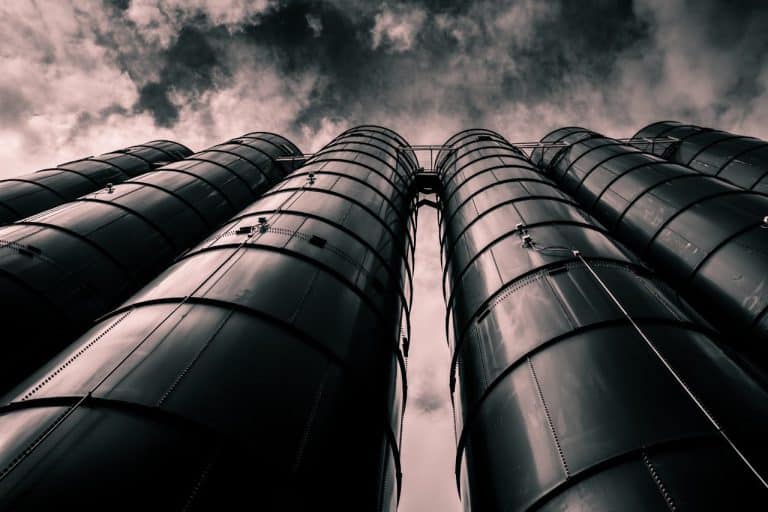
| No upcoming Schedule available for this course. | Register |
|---|---|
| Take control of your schedule! Choose your preferred dates and locations. click the register button. | Register |
| Date | Venue | Duration | Fees (USD) | Register |
|---|---|---|---|---|
| 01 Dec - 12 Dec, 2025 | Nairobi | 10 Days | $11085 | Register → |
Did you know that inadequate gas conditioning and processing can lead to catastrophic failures in gas plants? This compelling statistic underscores the critical importance of proper gas conditioning and processing in today’s energy sector.
Course Overview
The Gas Conditioning and Processing course by Alpha Learning Centre is meticulously designed to equip professionals with essential skills in converting raw natural gas into a marketable product. This course focuses on methods, apparatus, and operational factors needed for conditioning gas, covering all aspects from eliminating impurities to ensuring strict industrial norms are met.
Why Select This Training Course?
Selecting this Gas Conditioning and Processing Course offers numerous advantages for professionals involved in gas plant operations, facility design, and quality control. Participants will gain advanced knowledge of gas-liquid separation, acid gas removal, and major process equipment. The course provides hands-on experience with state-of-the-art simulation software and practical equipment demonstrations, enabling attendees to optimise their gas processing strategies effectively.
For organisations, investing in this training enhances overall plant efficiency and reduces operational risks. By ensuring that personnel are well-trained in gas processing unit operations and equipment for hydrocarbon storage, organisations not only protect their assets but also build sustainable practices. Research shows that companies implementing comprehensive gas conditioning strategies can achieve significant improvements in both processing efficiency and environmental compliance. For instance, in Qatar’s North Field project, advanced conditioning methods improved gas processing efficiency by 20% and reduced operational costs.
Individuals who complete this course will benefit from enhanced career prospects as they become more valuable assets in their respective fields. The skills acquired through this training can lead to professional growth and increased responsibilities within their organisations. Studies indicate that with advanced gas processing knowledge, professionals can drive substantial improvements in plant safety and efficiency. For example, at Algeria’s Hassi R’Mel Field, novel technologies for acid gas removal resulted in a 40% reduction in sulfur emissions, significantly enhancing adherence to environmental guidelines.
Transform your gas conditioning and processing capabilities – Register now for this critical advanced training programme.
Who is this Training Course for?
This Gas Conditioning and Processing course is suitable for:
- Gas plant operators and managers.
- Engineers involved in gas processing and facility design.
- Technicians in gas treatment and quality control.
- Environmental compliance officers in the energy sector.
- Professionals in gas marketing and logistics need to understand the implications of processing.
What are the Training Goals?
The objectives of this training course are to enable professionals to:
- To deepen understanding of gas conditioning processes and technologies.
- To apply modern tools for improving plant efficiency and reducing environmental impact.
- To master the integration of new technologies into existing gas processing systems.
- To develop strategies for cost-effective gas treatment and compliance with regulations.
How will this Training Course be Presented?
The Gas Conditioning and Processing Course employs a comprehensive and innovative approach to ensure maximum knowledge retention and skill development. Expert-led instruction from seasoned gas processing professionals forms the core of the course, providing up-to-date insights into modern gas conditioning technologies and practical applications for today’s energy sector.
The course utilises a blend of theoretical lectures and practical applications, allowing participants to apply their knowledge to realistic scenarios. Advanced educational methodologies create a personalised and engaging learning journey through:
- Interactive virtual sessions led by industry experts
- Practical workshops using simulation software for real-world scenarios
- Case studies showcasing successful implementations of new technologies
- Group projects to solve complex processing challenges
- Access to an exclusive digital library of resources and updates
Join us now and elevate your gas conditioning and processing expertise to new heights!
Course Syllabus
Module 1: Fundamentals of Gas Conditioning
- Properties of natural gas and associated fluids.
- Gas quality specifications and their importance.
- Techniques for gas dehydration.
- Acid gas removal methods.
- Hydrocarbon dew point control.
- Mercury removal processes.
- Nitrogen rejection techniques.
- Sulfur recovery and tail gas treatment.
- Liquid hydrocarbon recovery.
- Gas sweetening technologies.
- Compression and refrigeration in gas processing.
- Integration of conditioning processes for efficiency.
Module 2: Modern Processing Technologies
- Overview of cryogenic processing units.
- Membrane technology for gas separation.
- Adsorption processes for gas purification.
- Advances in amine treatment for CO2 and H2S removal.
- Hybrid systems combine traditional and new methods.
- Modular and portable processing units.
- IoT applications in real-time monitoring and control.
- AI for predictive maintenance and optimisation.
- Energy efficiency in gas processing operations.
- Environmental considerations in technology selection.
Module 3: Gas Plant Operations and Management
- Operational strategies for gas plants.
- Process flow and material balance calculations.
- Safety protocols in gas handling and processing.
- Maintenance strategies to maximise uptime.
- Troubleshooting common operational issues.
- Management of change in processing facilities.
- Lean principles applied to gas plant operations.
- Performance metrics for gas processing efficiency.
- Human resource management in a technical environment.
- Regulatory compliance and auditing processes.
- Economic analysis of processing options.
- Risk management in gas operations.
Module 4: Advanced Gas Conditioning
- Tailored gas conditioning for LNG production.
- Dehydration using desiccants versus glycol systems.
- Deep CO2 removal for enhanced oil recovery applications.
- Contaminant removal for pipeline integrity.
- Techniques for heavy hydrocarbon extraction.
- Blending and mixing of different gas streams.
- Gas-to-liquid conversion technologies.
- Catalyst selection for gas treatment processes.
- Heat integration in gas conditioning plants.
- Waste heat recovery systems.
- Advanced control systems for gas processing.
- Process simulation for optimisation and design.
Module 5: Environmental Impact and Sustainability
- Carbon capture and storage in gas processing.
- Reducing emissions from gas plants.
- Water management in gas conditioning operations.
- Flare gas recovery and utilisation strategies.
- Sustainable practices in gas processing facilities.
- Life Cycle Assessment (LCA) for gas operations.
- Compliance with environmental regulations.
- Waste management in gas processing.
- Renewable energy integration in gas plants.
- Climate change considerations in gas operations.
Module 6: Gas Quality and End-Use Applications
- Quality standards for industrial, commercial, and residential use.
- Custom conditioning for speciality gas applications.
- Gas conditioning for power generation.
- Conditioning for chemical synthesis feedstocks.
- Preparing gas for LNG, CNG, and other transport fuels.
- Quality control testing and methodologies.
- Impact of gas quality on combustion systems.
- Trace contaminant analysis and removal.
- Gas processing for hydrogen production.
- Novel uses of natural gas in emerging technologies.
Module 7: Equipment Design and Selection
- Selection criteria for separation equipment.
- Heat exchangers in gas processing.
- Compressors and their role in gas conditioning.
- Pumps and their applications in gas plants.
- Design considerations for high-pressure systems.
- Materials of construction for corrosive environments.
- Control valves and instrumentation for gas plants.
- Safety systems and pressure relief devices.
- Equipment sizing and scaling for different capacities.
- Integration of new technologies with existing infrastructure.
Module 8: Economic Analysis and Investment Decisions
- Cost-benefit analysis of processing technologies.
- Capital and operational expenditure forecasting.
- Revenue generation from by-products.
- Investment in technology upgrades.
- Economic models for gas plant expansion.
- Market analysis for processed gas products.
- Financial risk assessment in gas processing.
- Funding strategies for gas processing projects.
- Tax implications and incentives for gas plants.
- Scenario analysis for future market conditions.
Training Impact
The impact of gas conditioning and processing training is evident through various real-world case studies and data, which demonstrate the effectiveness of structured programmes in enhancing plant efficiency and environmental compliance.
Research indicates that organisations implementing structured gas processing training programmes have demonstrated measurable benefits in both operational efficiency and environmental performance. A case study from Qatar’s North Field project showed that advanced conditioning methods improved gas processing efficiency by 20% and reduced operational costs.
These case studies highlight the tangible benefits of implementing advanced gas conditioning techniques:
- Improved processing efficiency and product quality
- Reduced operational costs and environmental impact
- Increased compliance with environmental regulations
- Enhanced safety in gas plant operations
By investing in this advanced training, organisations can expect to see:
- Significant improvement in gas processing performance indicators
- Improved ability to handle complex gas conditioning challenges
- Enhanced decision-making capabilities in plant operations and management
- Increased competitiveness through comprehensive gas processing strategies
Transform your career and organisational performance – Enrol now to master Gas Conditioning and Processing techniques!

